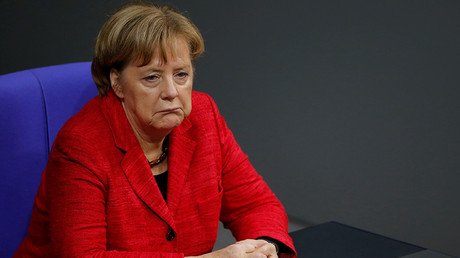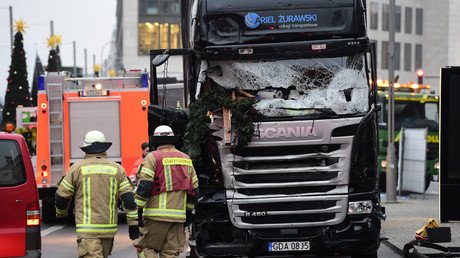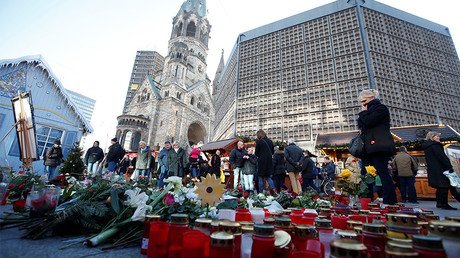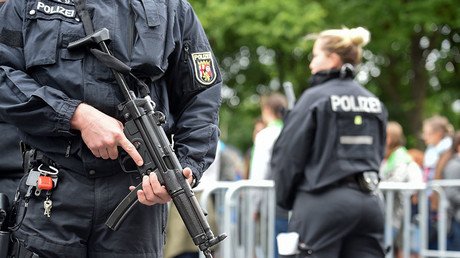Berlin Christmas market attack 1 year on: Grieving victims’ families & survivors still await answers
A year after the tragedy, families of the Berlin Christmas market terrorist attack victims are yet to receive any sound explanation as to why the perpetrator was not detained by the German security forces when they had a chance.
On December 19, 2016, 24-year-old Anis Amri deliberately drove a stolen truck into a Christmas market in central Berlin, killing 12 people and injuring 56, in an attack soon claimed by the Islamic State (IS, formerly ISIS/ISIL) terrorist group. The atrocity ruined the lives of many, including 39-year-old Petr Cizmar and his 5-year-old son, David, who tragically lost their wife and mother Nada Cizmar, 34, during that fatal night.
Nada, who worked for a logistics company, met her colleague, 31-year-old Italian Fabrizia di Lorenzo, after work at 8:00 pm local time at the Christmas market next to the Kaiser Wilhelm Church. Little did the two ladies know that a terrorist attack will abruptly end their and nine more lives just two minutes later, when Amri drove a massive truck loaded with 25 tons of structural steel through Breitscheidplatz.
The 24-year-old Tunisian, who managed to escape Germany following the attack and travel through France to Italy, was eventually killed in a shootout with police in Milan on December 23. Criticizing “mistakes and failures” by German security services, Petr Cizmar, remains certain that the attack could have been prevented, if authorities did not let the suspect drop off their radars in the first place.
“What I’m really angry about is actually what happened before the terrorist attack. It was known that this person was dangerous and still the authorities didn’t arrest him, didn’t deport him for some reason. Or maybe, you know, the reason [was] that they were just incompetent,” the native of Czech Republic told RT.
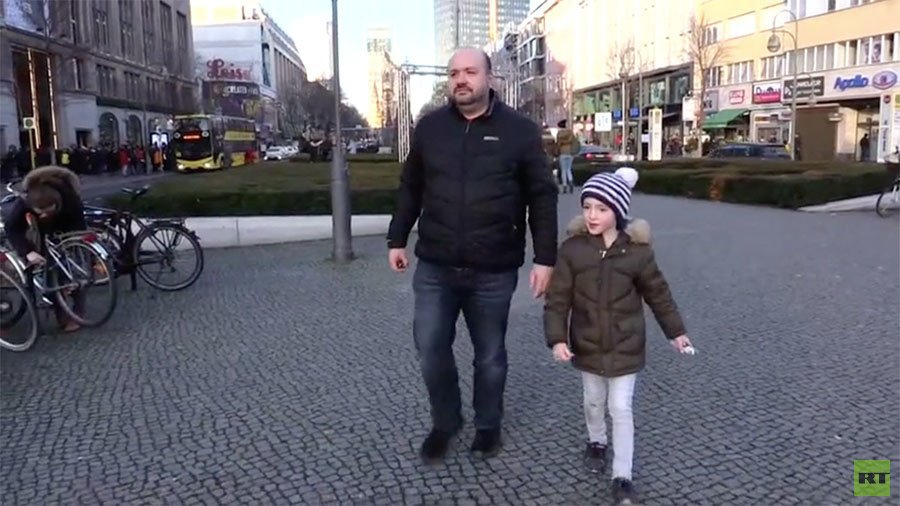
Amri arrived in Germany in the summer of 2015 from Italy and applied for asylum in April 2016. Because of his criminal past and possible links to terrorists, the Tunisian was placed on the radar of German security forces. In March 2016, the German intelligence informed the regional authorities in North Rhine-Westphalia that Amri could be planning an attack, calling for his immediate deportation. The regional government, however, reportedly decided that the evidence against him was not enough and would not stand up in court.
Just weeks before the atrocity, Germany’s domestic intelligence agency BND reportedly failed to act on Moroccan government’s warning that named Amri as a potential terrorist threat. Furthermore, Welt newspaper’s latest investigation on Sunday revealed that police and intelligence agencies knew that Amri had posed a threat since at least November 2015.
Cizmar and relatives of other victims of the attack have written an open letter to German Chancellor Angela Merkel outlining a range of grievances, including “the lack of counter-terrorism in Germany,” as well as the way “victims and bereaved have been dealt with.”
“It was pretty detrimental not to have any information at all” about whereabouts of Nada for three days after the attack, Cizmar recalled. “The official statement was that she was missing. But of course, it was known to the police that she was dead with high probability already.”
In the initial chaos following the attack, several victims’ relatives were sent “bills for autopsies,” some even threatening them with fines for late payments. But even a year on, these families feel neglected, criticizing Merkel for the “failure” to live up to her office and offer timely condolences.
“At a time when the threat posed by dangerous Islamists has greatly increased, you have failed to push ahead with expanding resources and reforming the confused official structures for fighting these dangers,” they wrote, according to the Telegraph.
“The first thing I would like to ask is why she [Merkel] has not communicated with us for the whole year. Maybe there were some reasons, I don’t know. I’m just curious on what she is going to answer,” Cizmar told RT. “[What] I would be interested in is some kind of an explanation, what actually happened. This would probably be the best satisfaction – if anything was done against it, so it would not happen again. What bugs me also is that no one took the responsibility.”
“It was not explained. It was just stated that it was some chain of failures. Okay. It is really bad if police and security services, and everyone else work like this. It could happen anytime again,” Cizmar added. “Definitely they share some kind of responsibility for what happened. If they let it happen for whatever reason they did, it is really a shame.”
#BerlinAttack: Prison term in Italy and 4 more important facts about the Tunisian suspect https://t.co/RiLdqNNCvmpic.twitter.com/TKx6vheAuy
— RT (@RT_com) December 22, 2016
On Monday, Merkel and other state officials met with the families of the victims, where according to German media she reassured them of federal government’s commitment to their cause.
“I know that some would have wanted such a meeting sooner,” said Merkel ahead of the closed-door meeting, DW quotes. “But it's important to me to make clear today how much our feelings are with the relatives and the injured. Nothing can make up for this complete change in people’s lives, but still we will show sympathy and improve things where they need to be improved."
